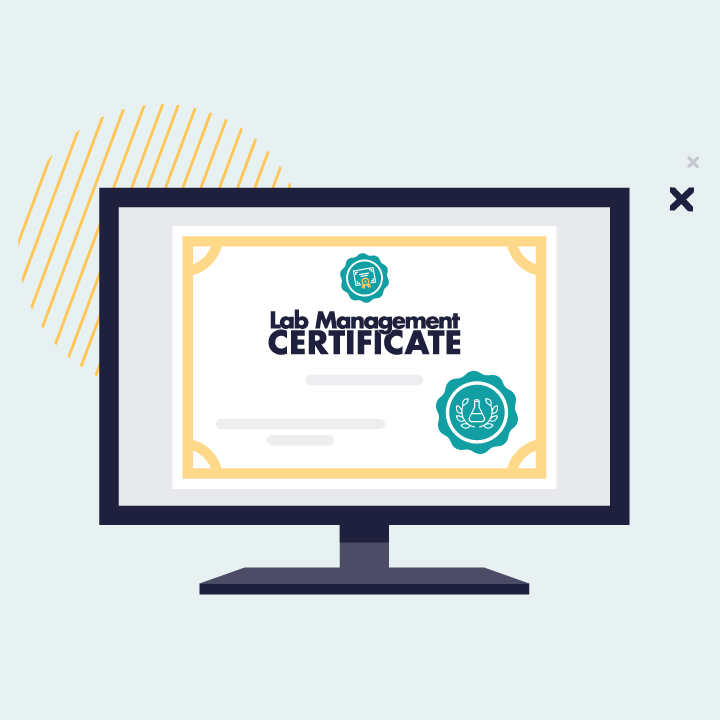Understanding Personality Types
Write your awesome label here.
Course overview
Are conflicts brewing in your lab? Do misunderstandings among staff hinder productivity? It's time to delve deep into the fascinating world of personality types and revolutionize the way you manage interpersonal dynamics in your laboratory.
What is this course about?
What are the benefits of this course?
What are the learning outcomes of this course?
By the end of this course, engaged learners should be able to:
Embark on a transformative journey towards fostering inclusivity, understanding, and effective collaboration within your lab.
Course Content
What are the unique features of this course?
Our Lab Management courses are designed to support existing and potential lab managers with training in a wide variety of leadership and management skills.
Lab Manager Academy is accredited by the International Accreditors for Continuing Education and Training (IACET) and offers IACET CEUs for its learning events that comply with the ANSI/IACET Continuing Education and Training Standard. IACET is recognized internationally as a standard development organization and accrediting body that promotes quality of continuing education and training.


